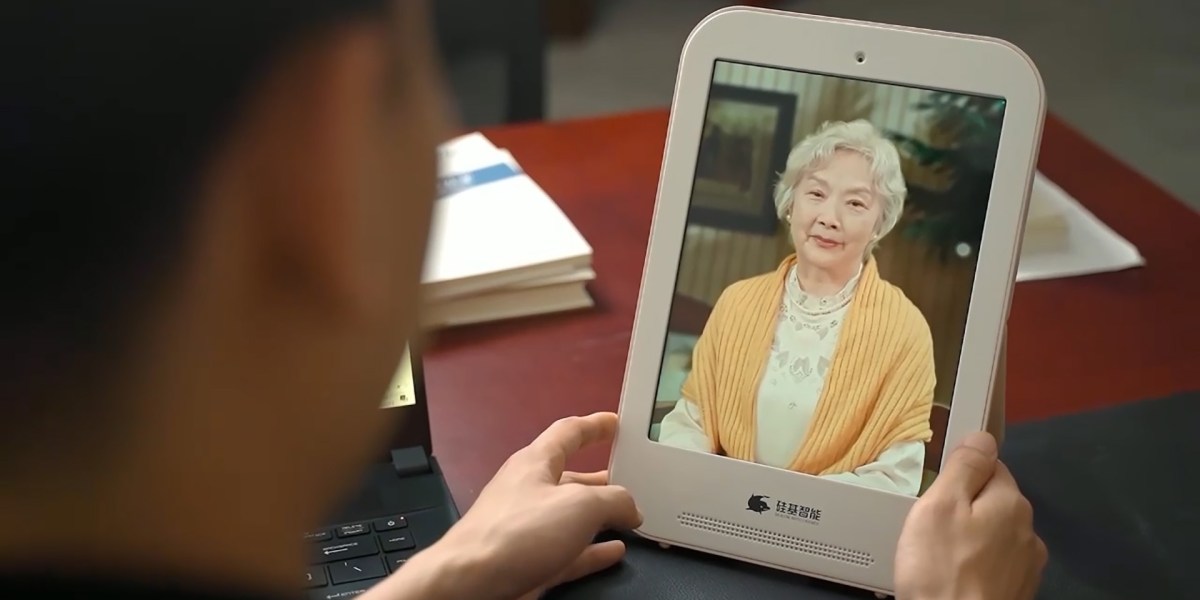In China, the AI-based digital recreation of deceased family members and loved ones has grown into a rapidly developing industry, where numerous businesses offer services that allow people to interact again with their departed loved ones. According to a May 2024 report by Technology Review, these services use deepfake technology and generative AI tools to create lifelike digital replicas based on available photographs, videos, and voice recordings of the deceased person. The demand primarily stems from Chinese cultural traditions, where ancestor worship and family connections are of paramount importance, as well as the increased number of unexpected deaths during the pandemic, which contributed to the growing demand for these services, as many family members were unable to say goodbye to their loved ones properly.
According to the Brown Political Review, more than 275 companies offer such services in the Chinese market, with their number growing by approximately 35% annually, while prices range between $300 and $10,000 depending on the complexity of the service. The simplest services include static photo manipulations that display the deceased person's face in various situations or ages, while more advanced solutions enable interactive video calls, artificial voice generation, and real-time conversations. Longwin Technology, one of the leading providers in Shenzhen, receives more than 600 orders monthly, and according to the company, 82% of clients regularly return for additional services, indicating that these digital interactions satisfy long-term emotional needs.
Based on CEO Insight data, this phenomenon impacts not only individual but also societal levels of grieving and remembrance methods in China, where digital recreation is no longer just a privilege of the wealthy but is increasingly becoming accessible to the middle class. Some Chinese funeral companies have already integrated digital resurrection into their services, and estimates suggest that by 2027, 25% of Chinese funerals will include some AI-based memorial component. While some experts express concerns about ethical questions and psychological consequences, the majority of families using these services report that the technology has helped them manage the grieving process, especially after the traditional mourning period of three years, when according to Chinese culture, the deceased's soul finally leaves the physical world.
Sources:
1.

2.

3.
CEO Insight · 2025









